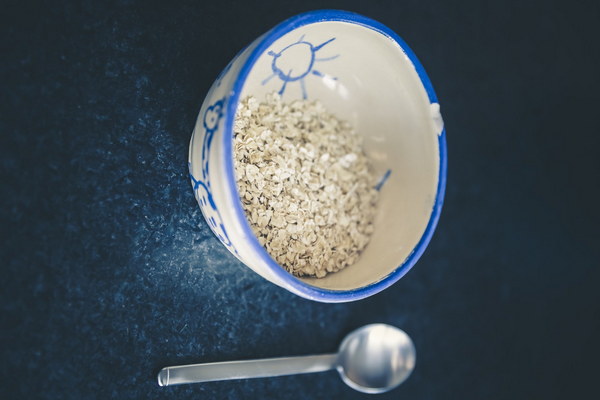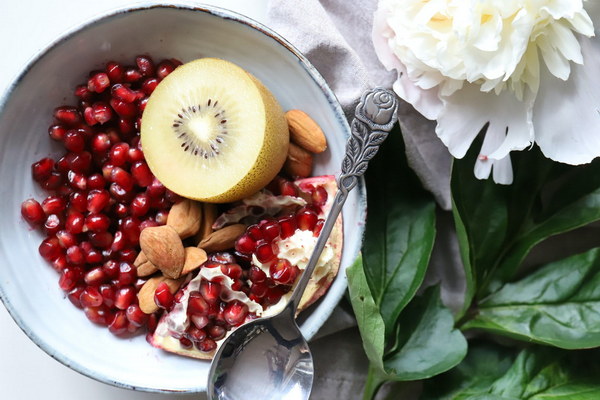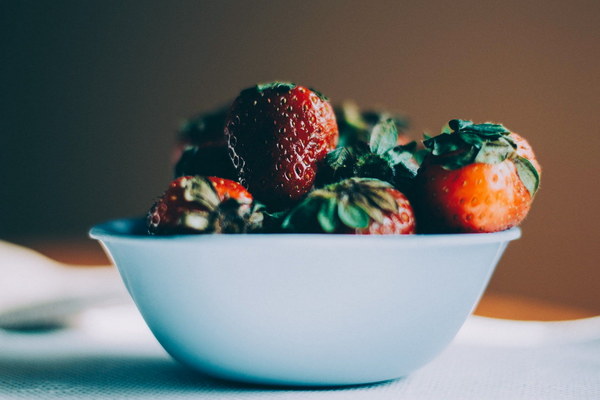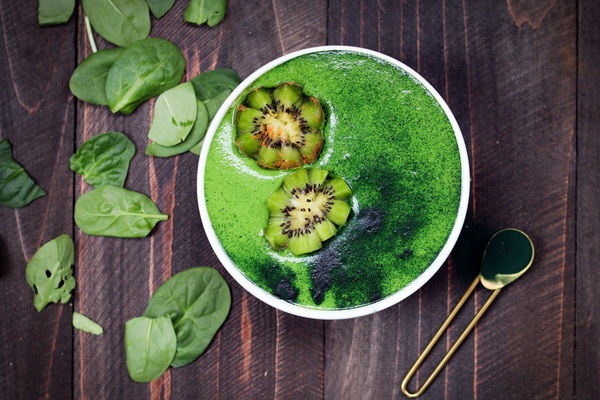The Culinary Chef's Guide to the Best Methods for Eliminating Dampness
Introduction:
In traditional Chinese medicine, dampness is considered an internal imbalance that can lead to various health issues. As a chef, it's important to not only take care of your health but also to ensure that your culinary creations are free from dampness. This article will explore the best methods for chefs to eliminate dampness from their bodies and maintain their well-being.
1. Adopting a Balanced Diet:
One of the most effective ways to eliminate dampness is through diet. Chefs should focus on consuming foods that have a warming effect on the body, as they help to expel dampness. Here are some recommended foods:
- Warm spices such as cinnamon, ginger, and garlic
- Healthy fats like coconut oil, sesame oil, and olive oil
- Nourishing soups and stews, especially those made with root vegetables like carrots, radishes, and turnips
- Steamed or sautéed vegetables, avoiding deep-fried dishes
2. Incorporating Herbs and Herbs:
Herbs are a great way to boost your body's ability to eliminate dampness. Some commonly used herbs in Chinese cuisine include:
- Cinnamon
- Ginger
- Turmeric
- Astragalus
- Eleuthero
These herbs can be added to dishes, steeped in tea, or used in herbal remedies.
3. Regular Exercise:
Physical activity is crucial for maintaining good health and eliminating dampness. Chefs should engage in regular exercise to improve circulation and promote the elimination of dampness. Activities such as walking, jogging, yoga, and tai chi are excellent choices.
4. Proper Hydration:
Staying hydrated is essential for maintaining a healthy body. Chefs should drink plenty of water throughout the day and avoid drinking cold beverages, as they can exacerbate dampness.
5. Avoiding Damp-Inducing Foods:
To effectively eliminate dampness, it's important to avoid foods that can contribute to dampness in the body. These include:
- Cold, raw, and uncooked foods
- Excessive sugar and refined carbohydrates
- Overly cold beverages

- Excessive alcohol consumption
6. Managing Stress:
Stress can lead to dampness in the body, so it's important for chefs to find ways to manage stress. Techniques such as meditation, deep breathing exercises, and spending time in nature can help reduce stress levels.
Conclusion:
Eliminating dampness is crucial for chefs to maintain their health and well-being. By adopting a balanced diet, incorporating herbs and spices, engaging in regular exercise, staying hydrated, avoiding damp-inducing foods, and managing stress, chefs can effectively eliminate dampness and enjoy a healthy, vibrant life. Remember, a healthy chef is a happy chef, and a happy chef produces delicious and wholesome dishes for their customers.









